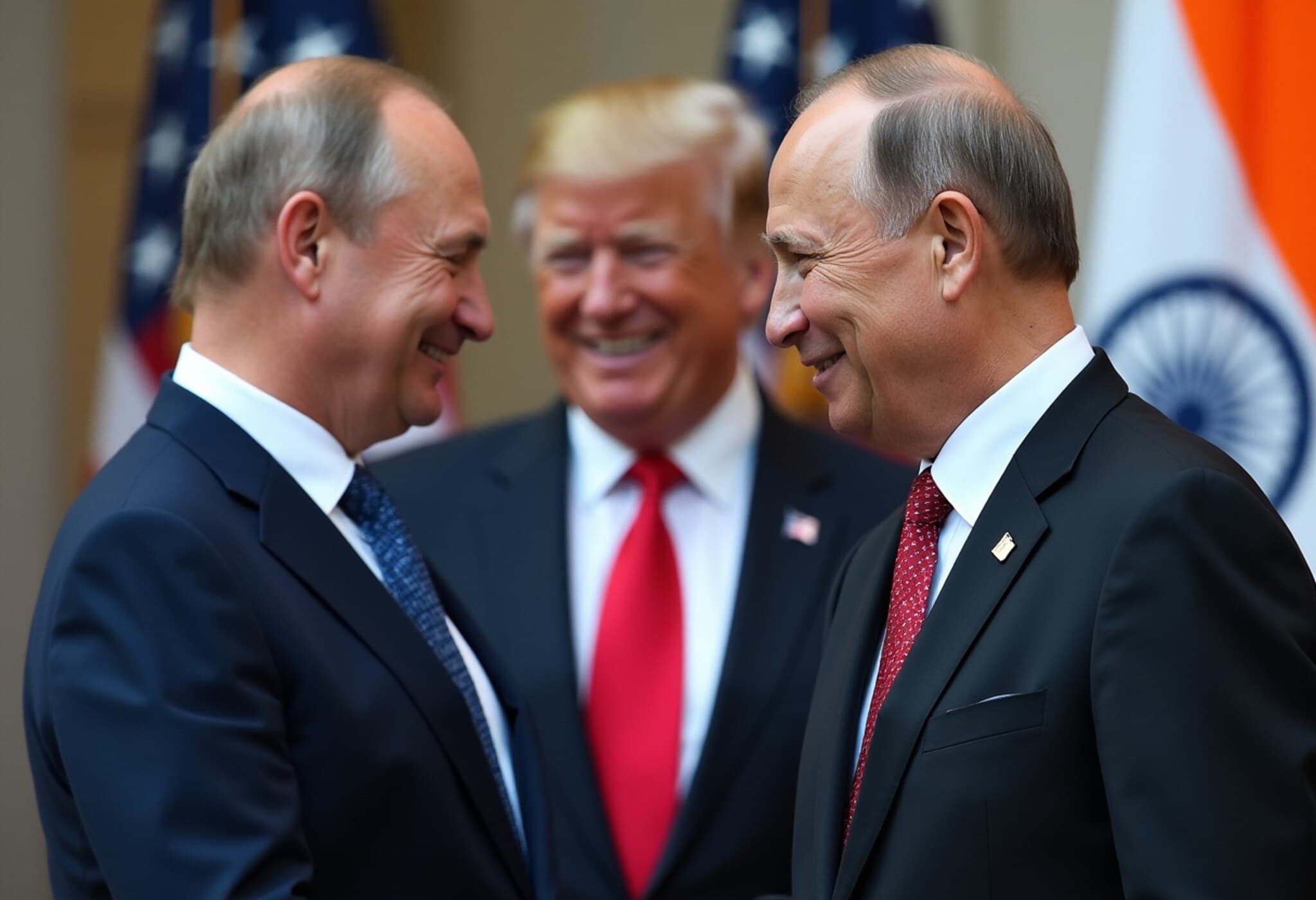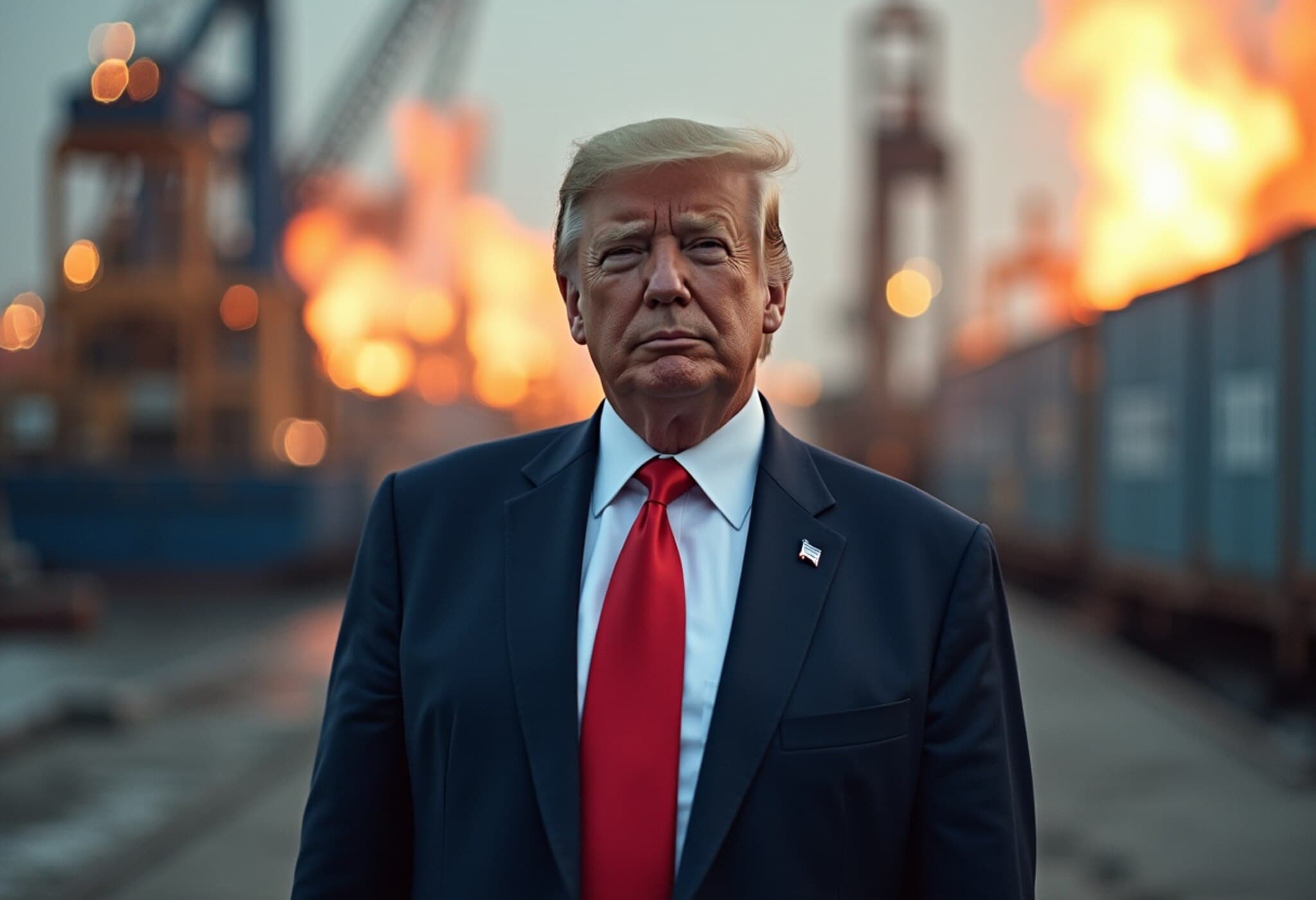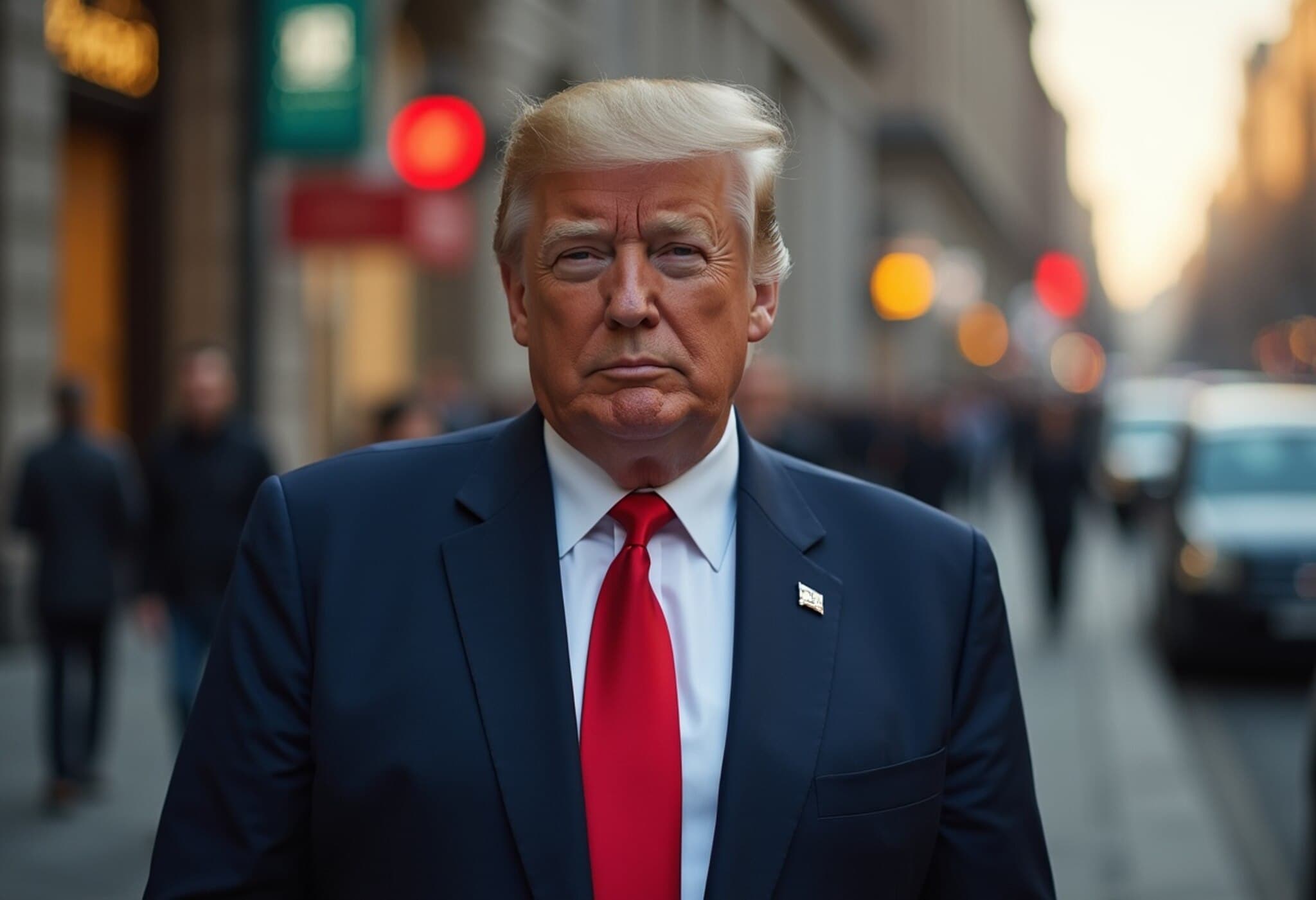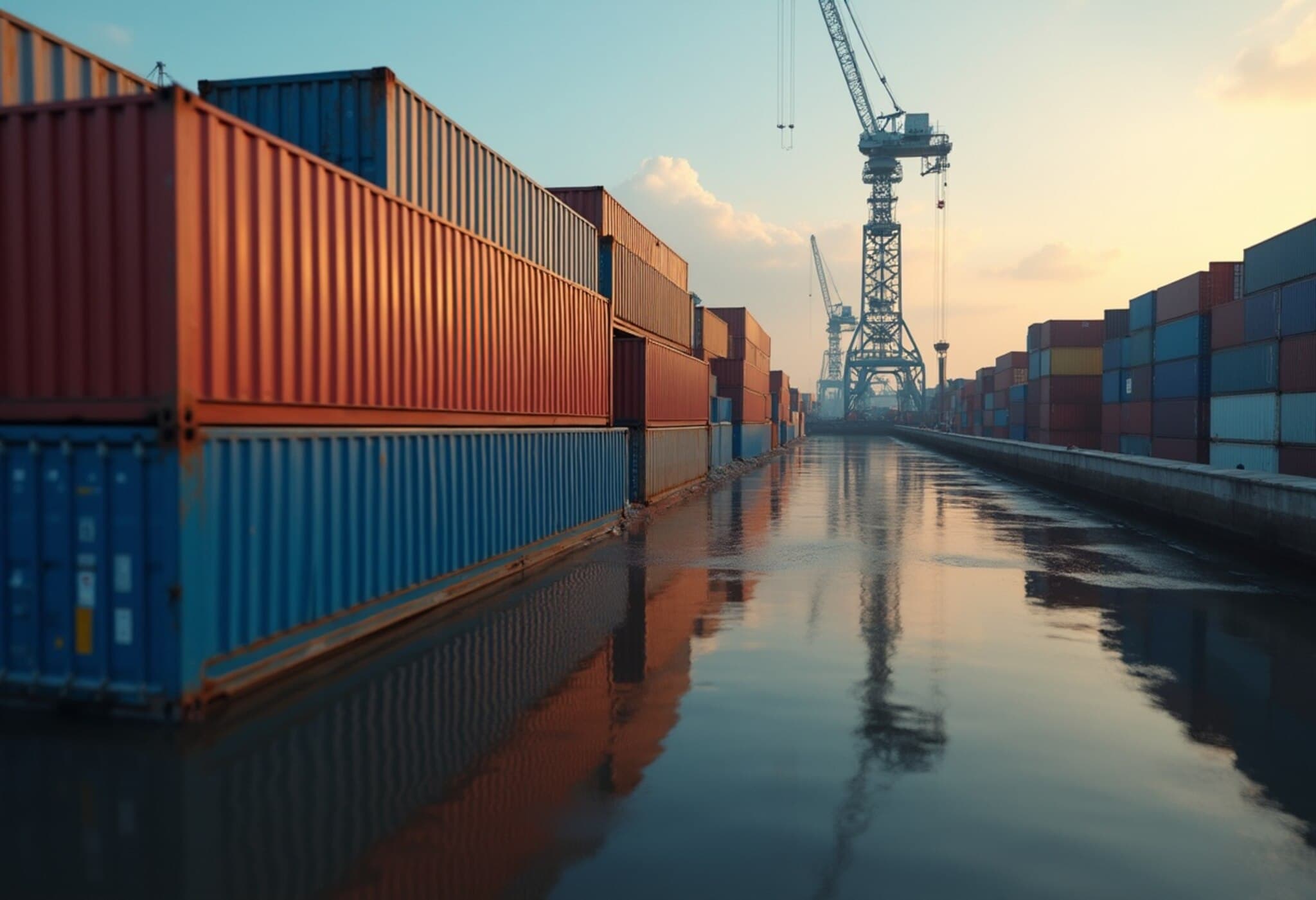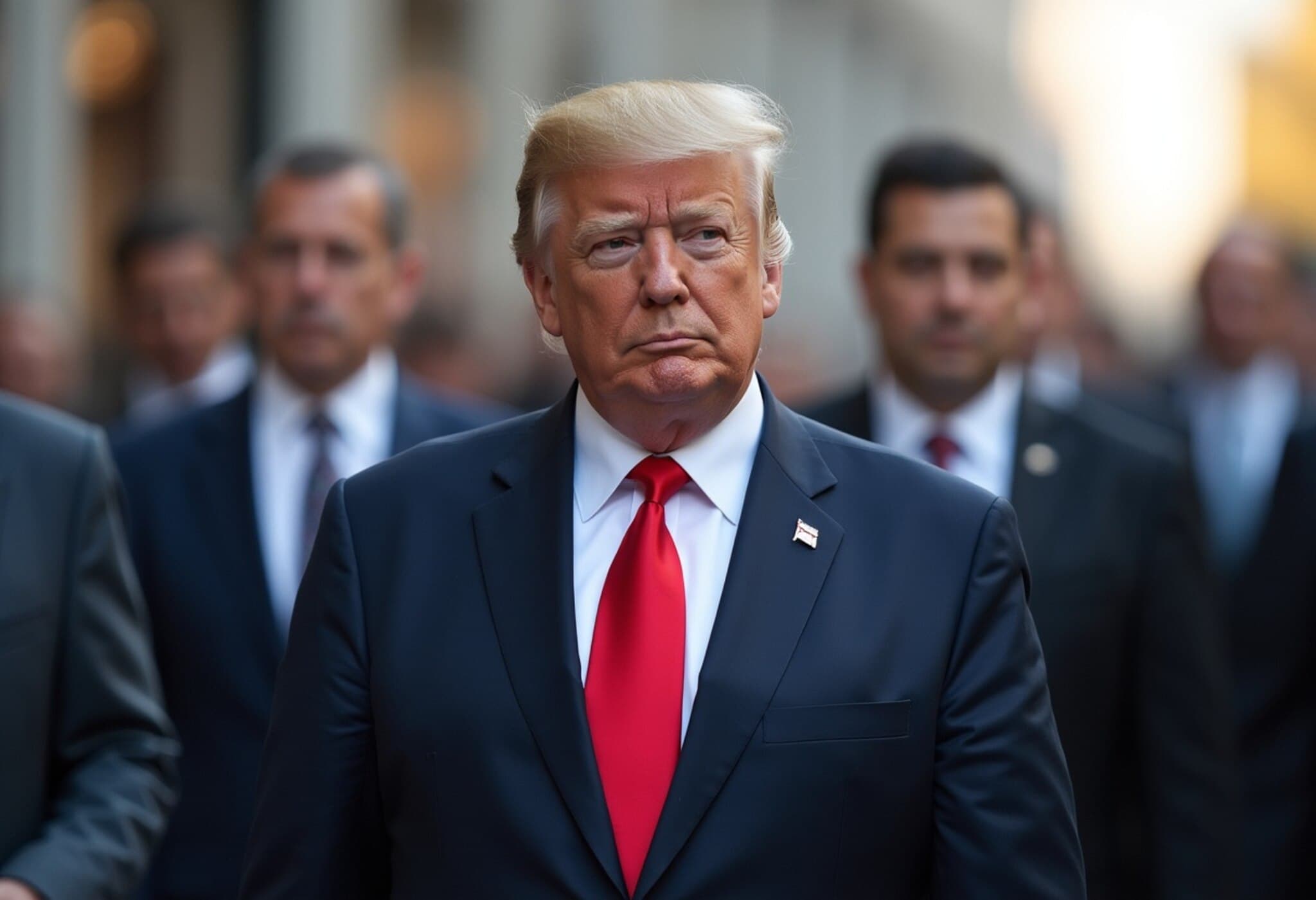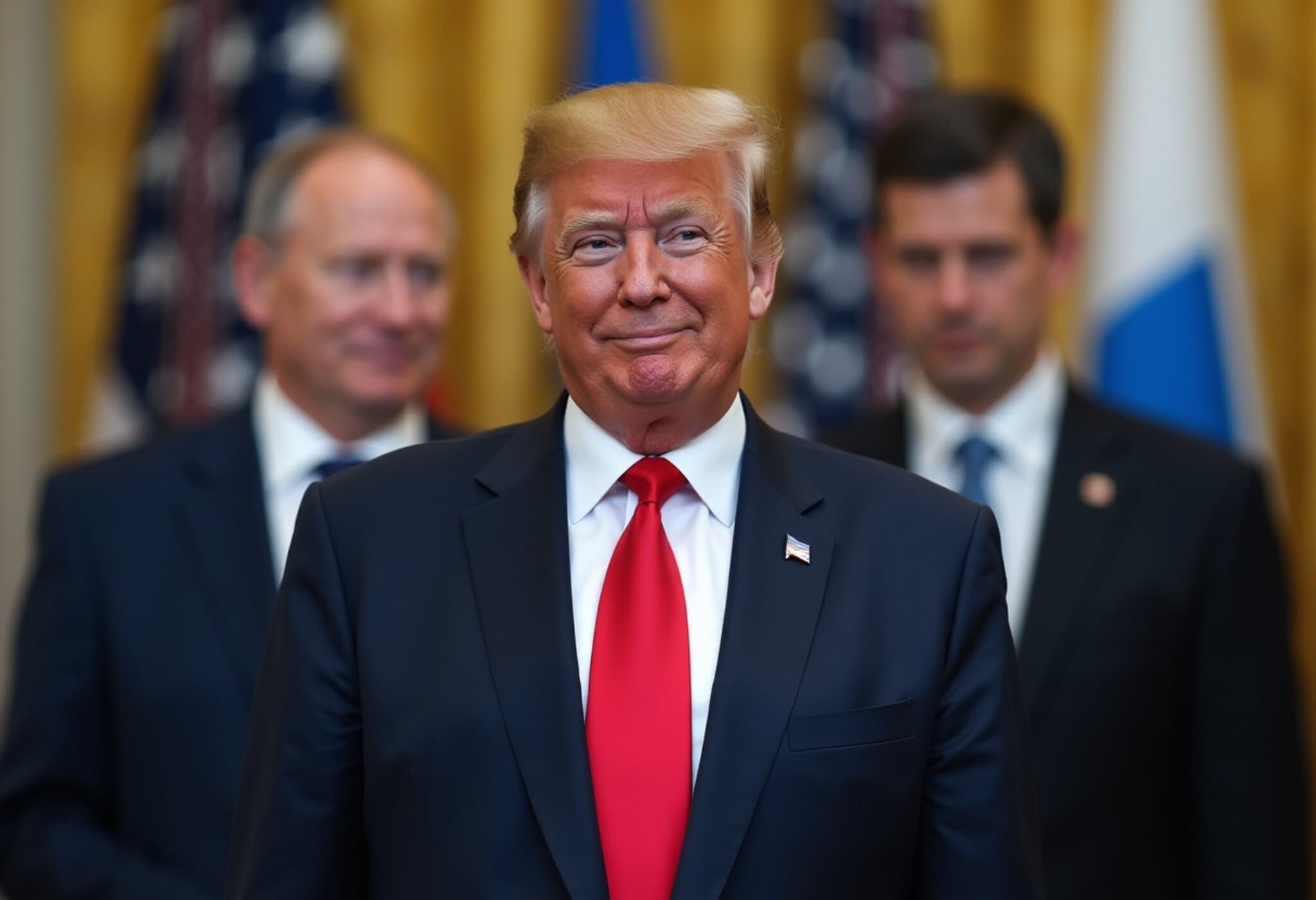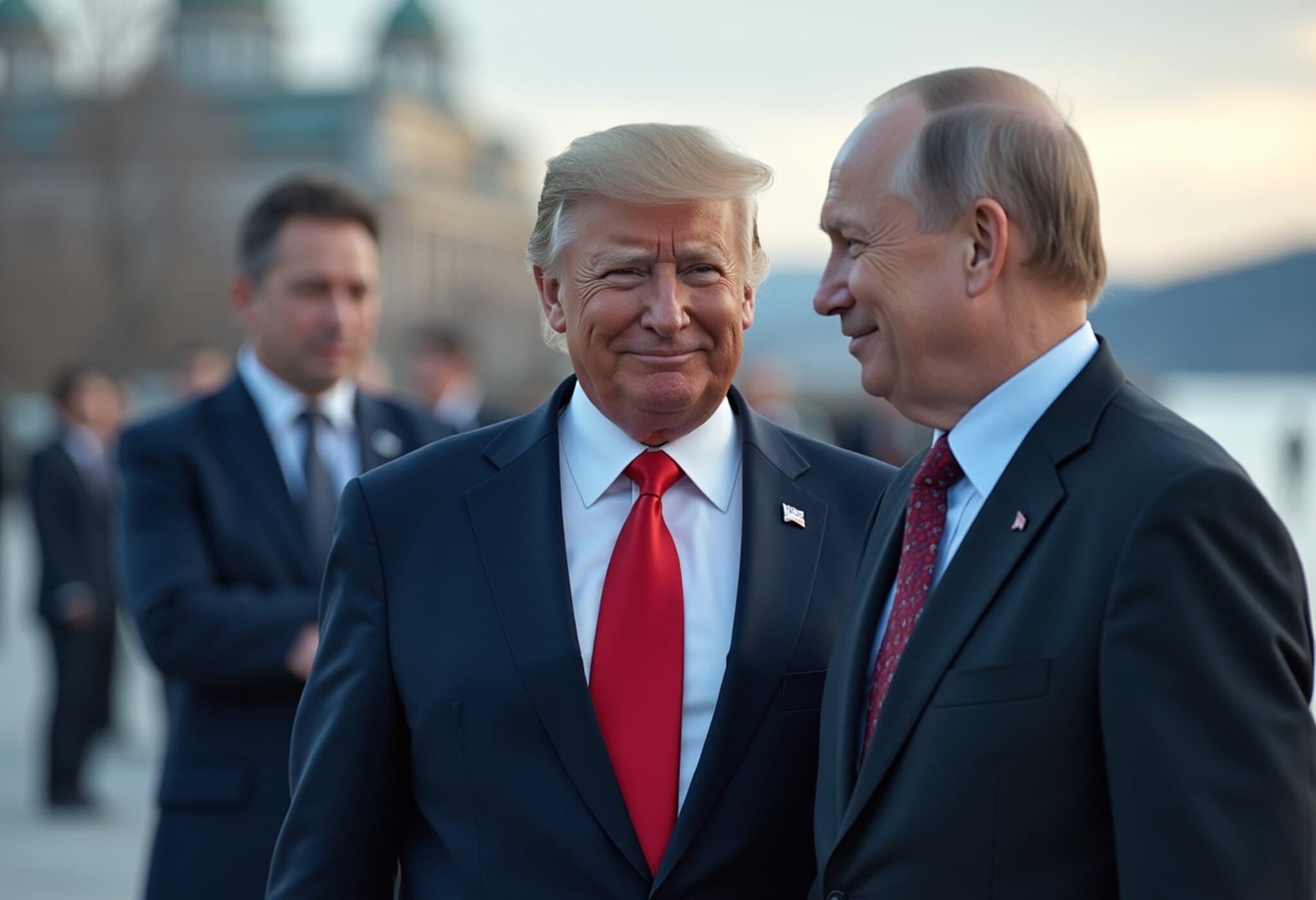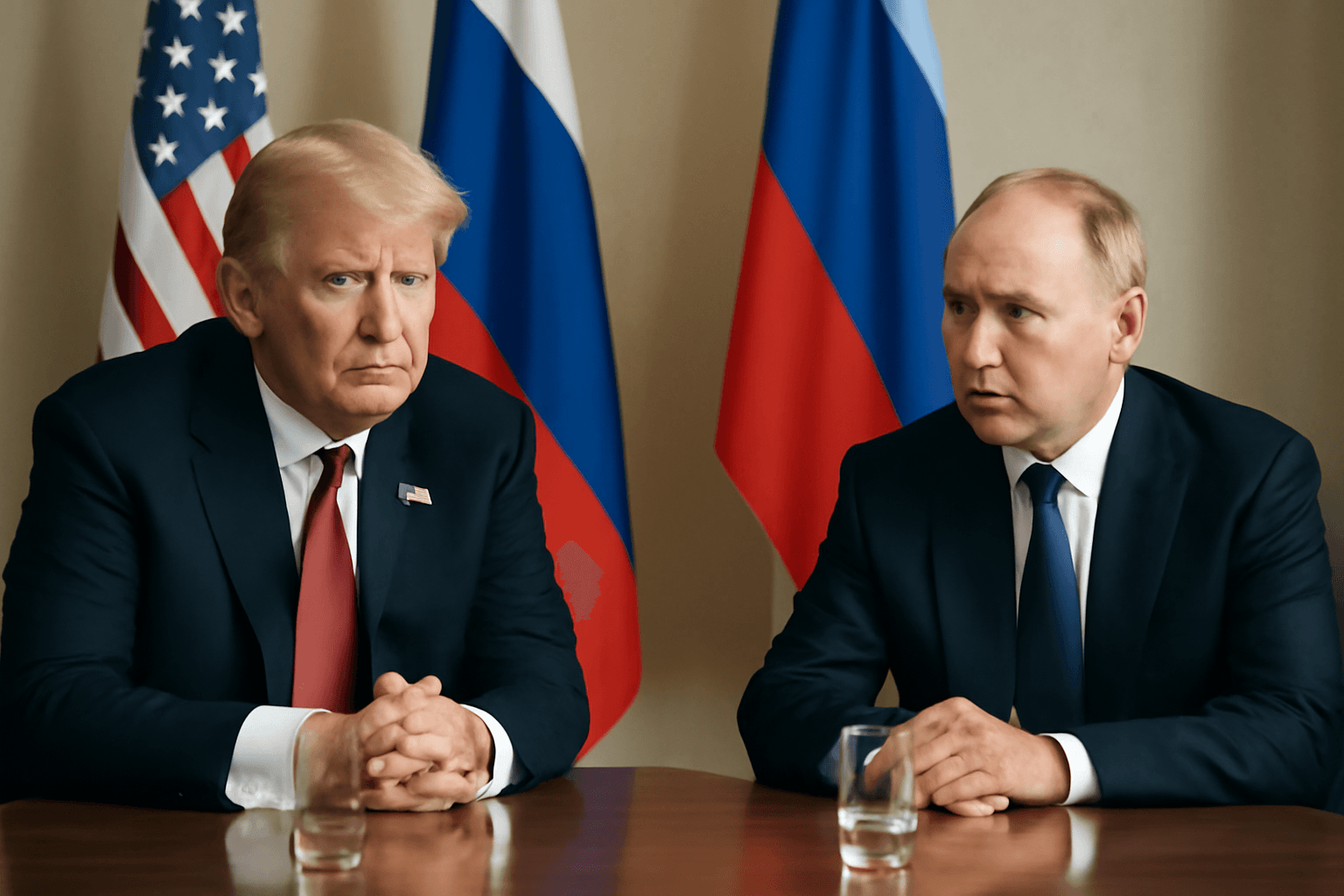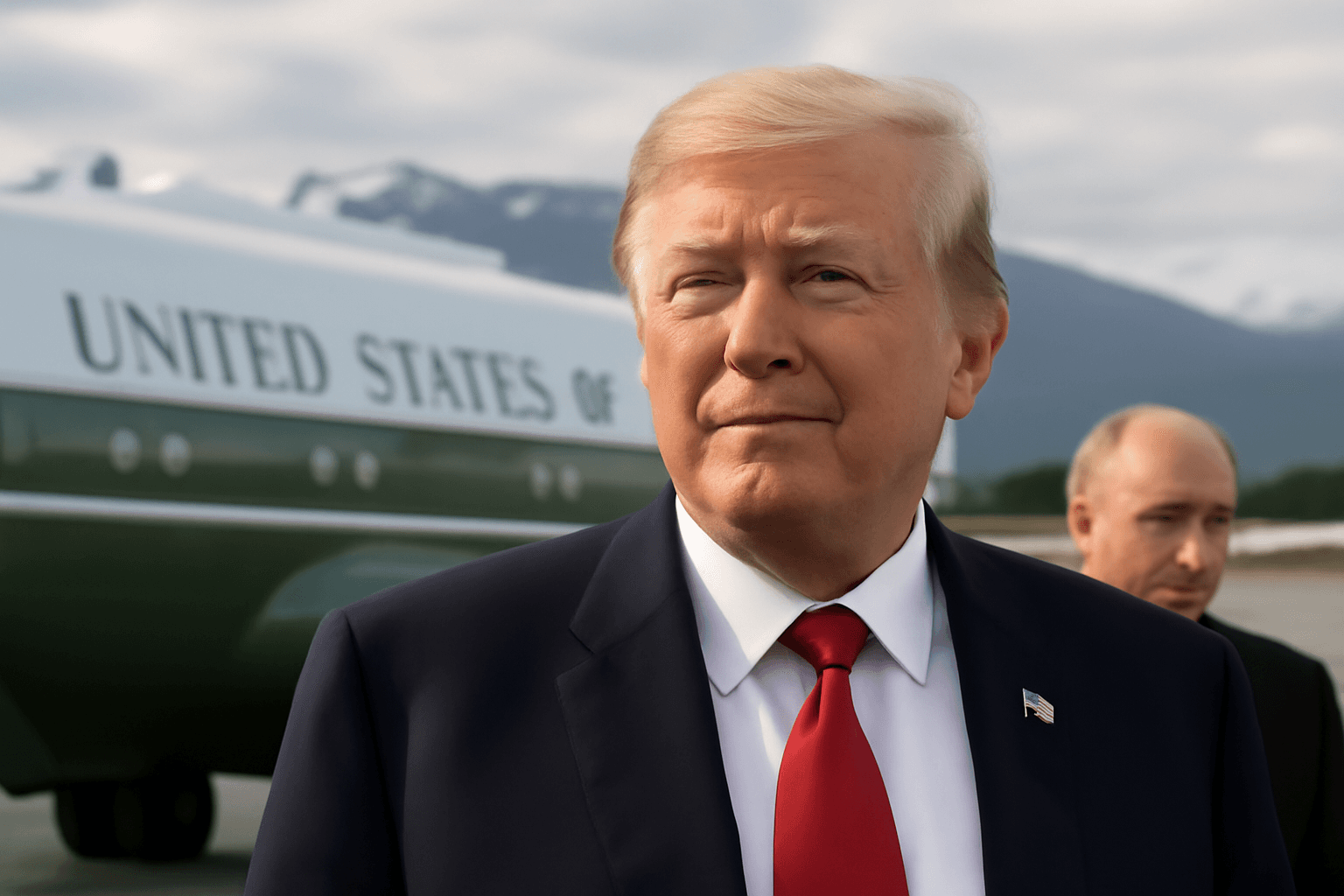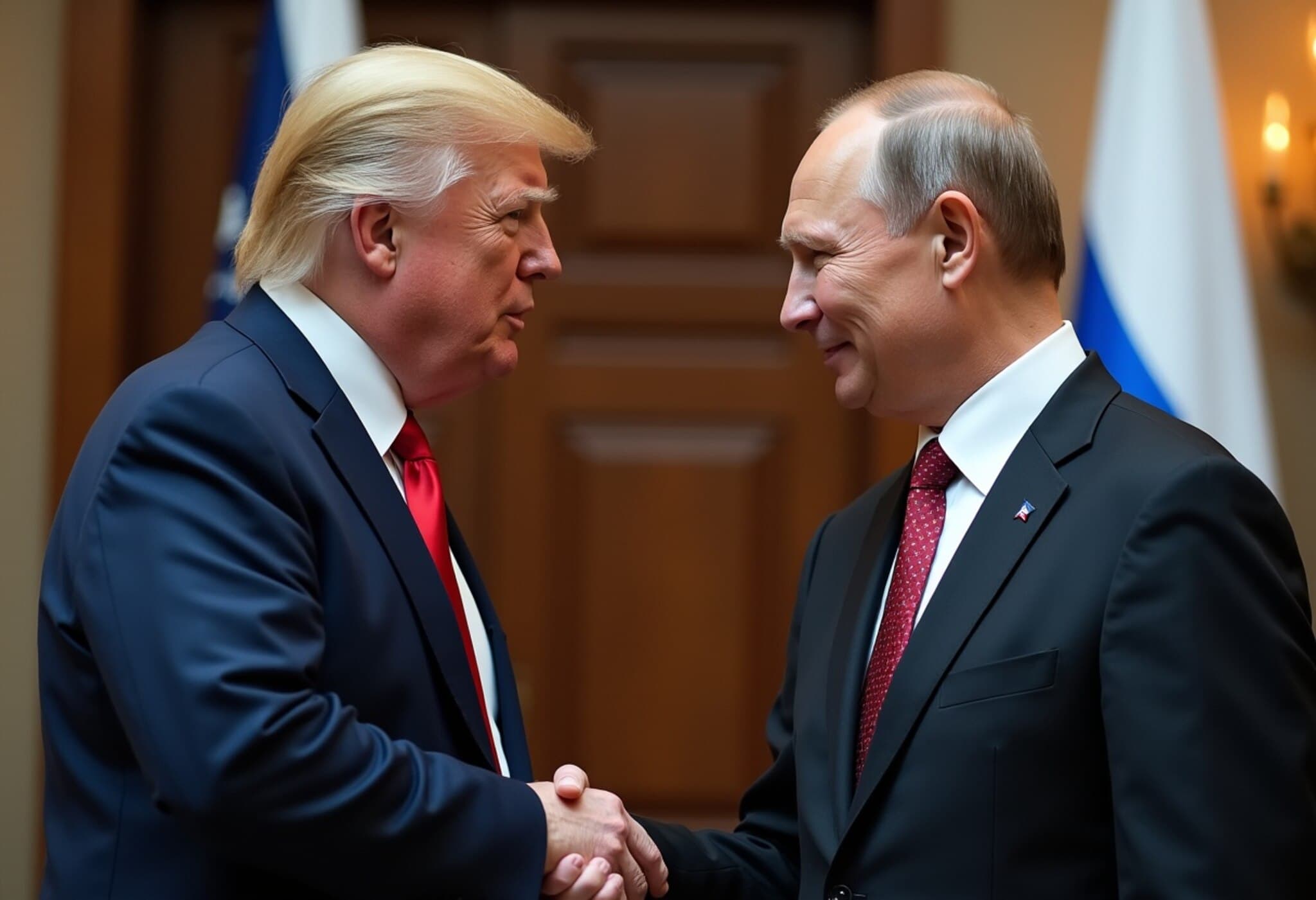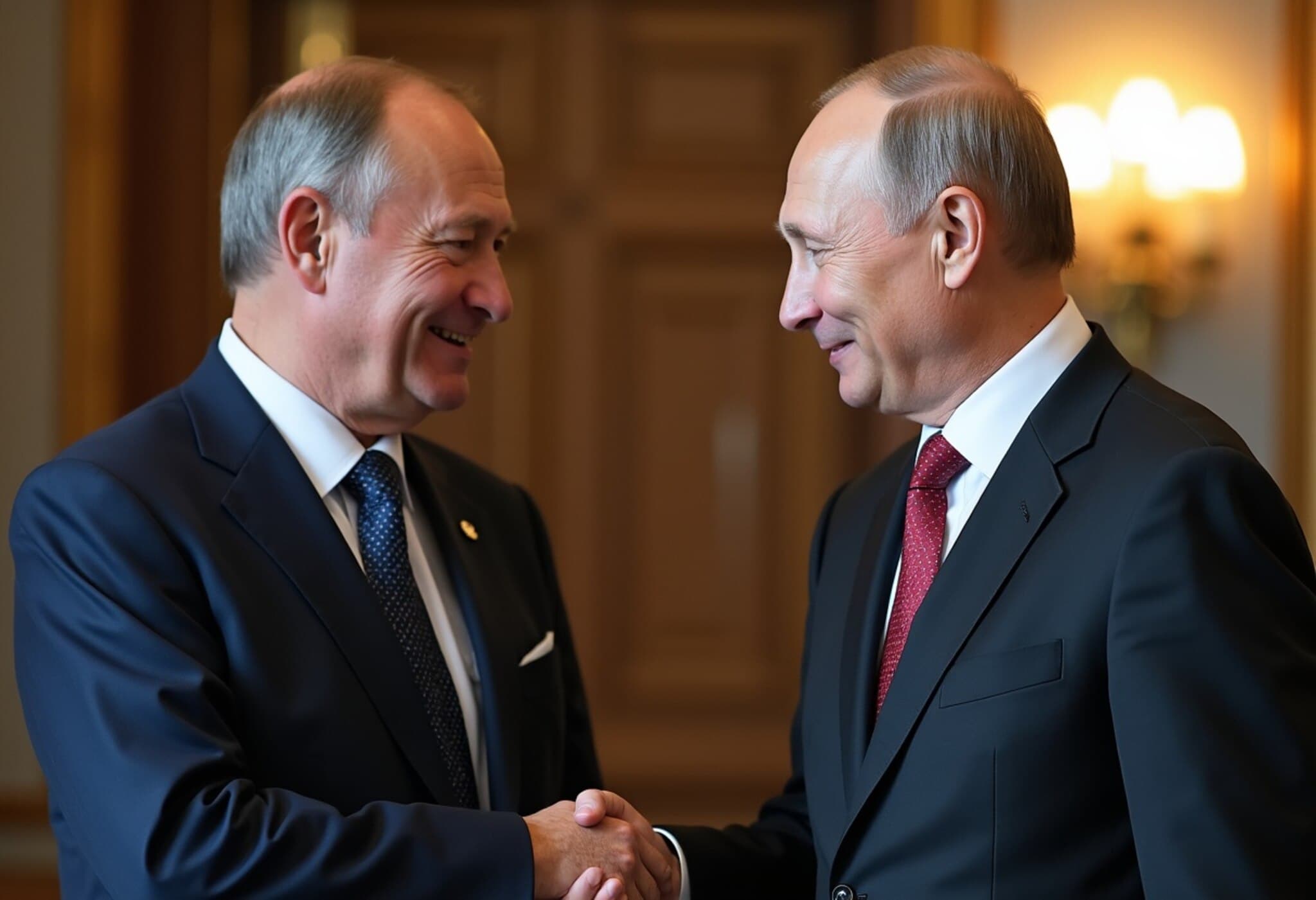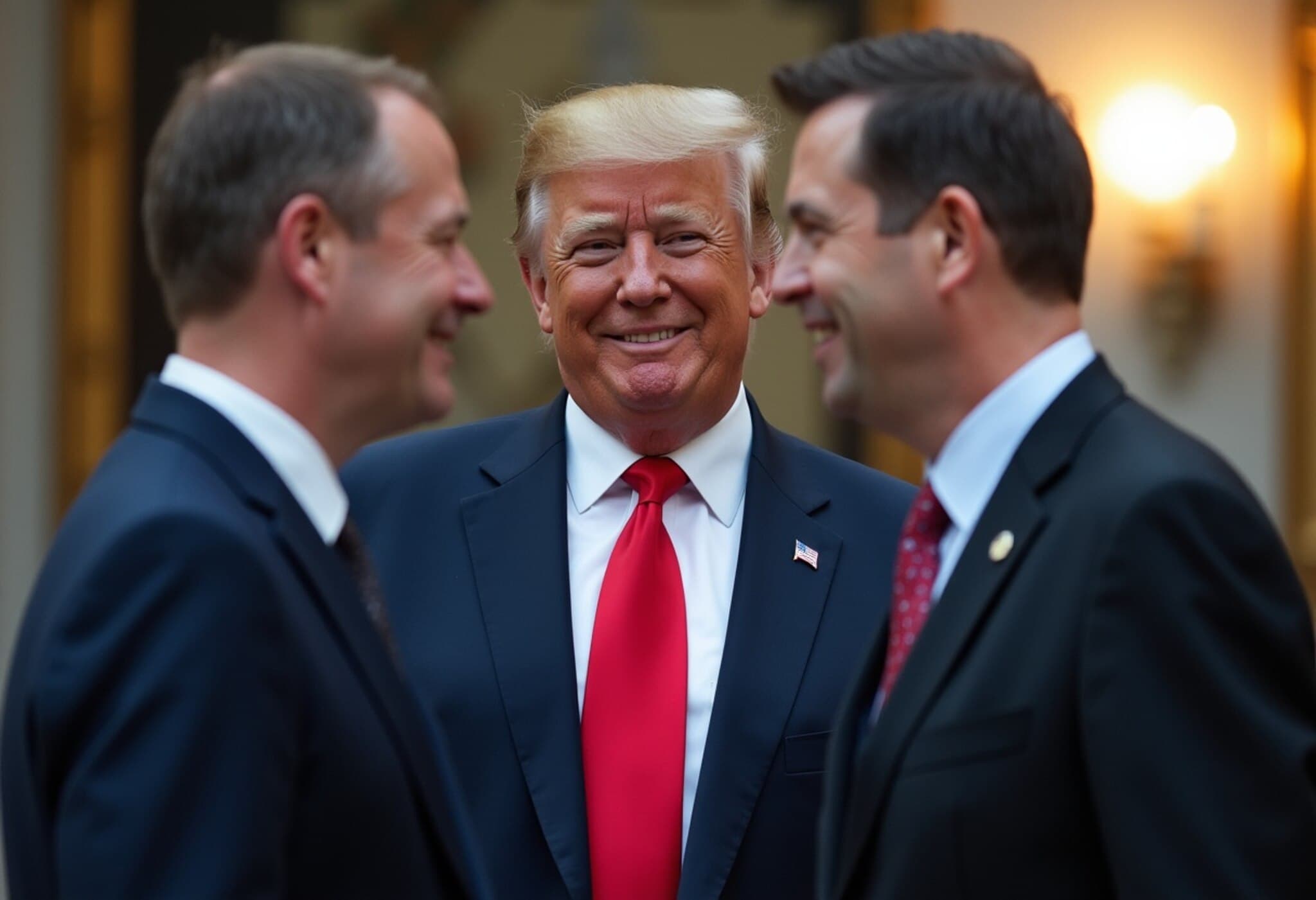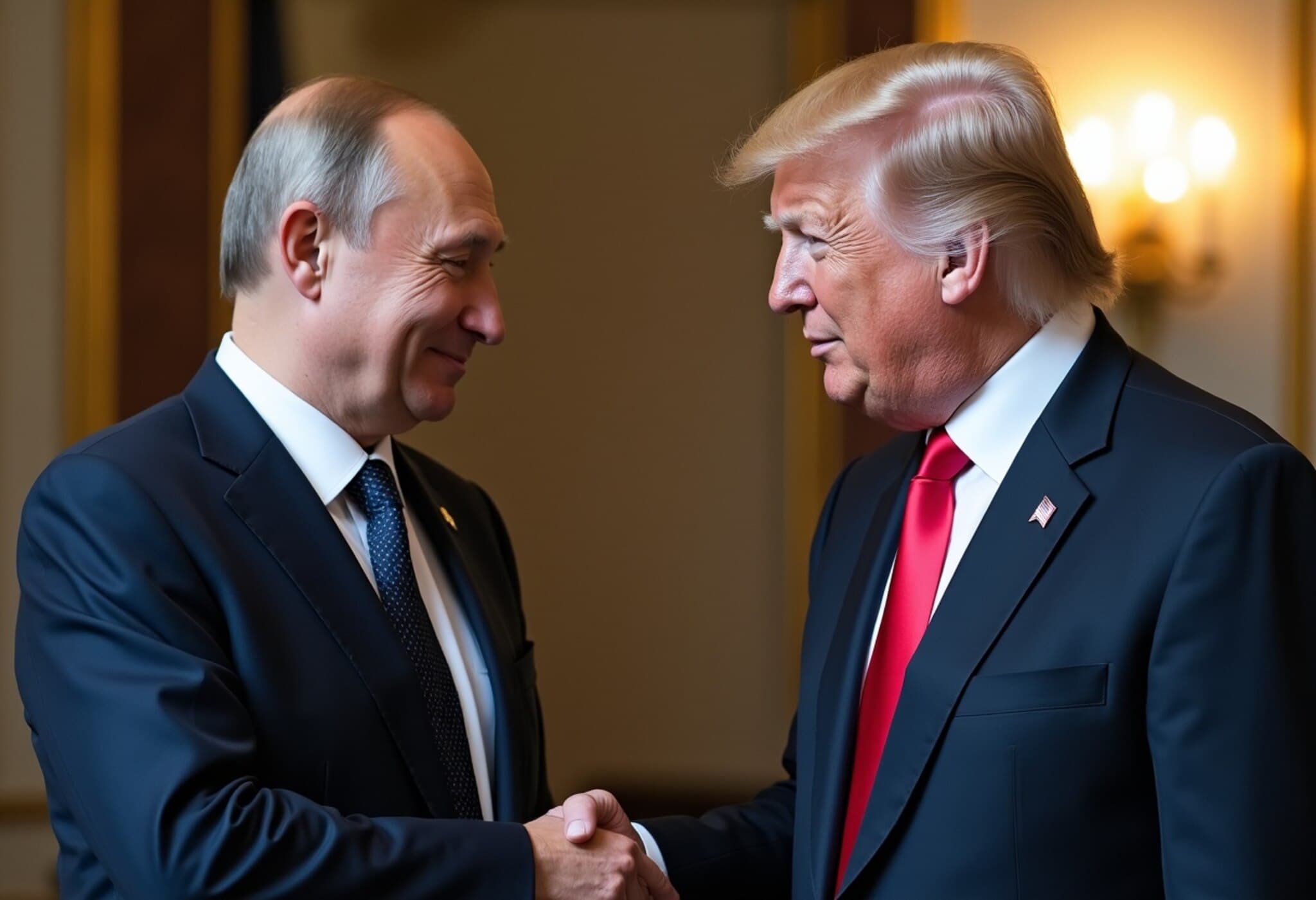US-Russia Tensions May Put India in the Crosshairs Over Oil Purchases
As the geopolitical chessboard intensifies between Washington and Moscow, India's growing oil imports from Russia have drawn sharp scrutiny from the United States. Just a day before US President Donald Trump’s scheduled meeting with Russian President Vladimir Putin in Alaska, US Treasury Secretary Scott Bessent issued stern warnings suggesting that Delhi could face sanctions or secondary tariffs if it continues its energy engagement with Moscow.
From Military Cooperation to Economic Friction
India’s relationship with the US has often been celebrated through military collaborations, such as last year’s participation in the US-led Red Flag exercises in Alaska. Elite Indian Air Force pilots, including Squadron Leader Shivangi Singh — India’s first female Rafale pilot — showcased their prowess alongside American counterparts at Elmendorf and Eielson Air Force Bases. These exercises symbolized deepening defense ties transcending geographic boundaries.
However, this camaraderie is now facing a severe test. Despite New Delhi’s strategic balancing act, Washington is openly signaling displeasure at India's continued oil purchases from Russia. Bessent's remarks highlight a pivot where economic interests and geopolitical alliances are clashing, raising the stakes for India on the global energy and diplomatic front.
Why India and Not China?
Interestingly, Treasury Secretary Bessent revealed the West’s hesitancy to penalize China — Moscow’s largest oil buyer — due to China’s immense manufacturing influence and economic clout. At the recent G7 summit in Canada, when the idea of imposing a 200% secondary tariff on China was floated, leaders were noncommittal, with Bessent metaphorically stating that “everybody wanted to see what kind of shoes they were wearing.”
This metaphor underscores the delicate economic dependencies and the geopolitical tightrope the West walks. With China’s integrated manufacturing presence globally, imposing harsh economic penalties risks unforeseen ripple effects. By contrast, India’s comparatively smaller role in Russian oil imports presents a more straightforward target for pressure.
The Stakes of the Trump-Putin Summit
The Alaska summit between Trump and Putin is historic — the first domestic US-Russia high-level meeting in over three decades and Putin’s first US visit in nearly ten years. Trump’s approach, described as ‘mercurial’ by Bessent, aims at leveraging this summit potentially towards a broader trilateral dialogue including Ukraine’s President Volodymyr Zelensky in the near future.
Yet, Trump’s aides have been candid that failure to bring Moscow to heel on sanctions and geopolitical goals could lead to punitive measures against nations like India that continue energy ties with Russia. The summit’s outcome could redefine diplomatic alignments and economic sanctions frameworks affecting multiple global players.
Expert Insights: India’s Geopolitical Tightrope
- Balancing Act: India walks a fine line between maintaining strategic autonomy and cultivating partnerships with key powers—the US, Russia, and China.
- Energy Security vs. Diplomacy: Moscow supplies a significant portion of India’s oil imports at competitive prices. Curtailing these could impact India’s energy security and economic stability.
- Global Sanctions Landscape: India’s response to US pressure may redefine international sanctions’ reach and the concept of secondary punitive measures.
For policymakers, the unfolding dynamics underscore a broader question: How can rising powers like India preserve sovereignty in a global environment increasingly segmented by bloc politics and economic coercion?
Looking Ahead
As the world watches the Trump-Putin summit unfold on Alaskan soil, the reverberations will likely be felt far beyond bilateral US-Russia relations. India, situated at the crossroads of this geopolitical storm, faces critical choices. Its decisions on Russian energy purchases may serve as an early test case for how middle powers navigate the competing imperatives of economic pragmatism and geopolitical loyalty in a fracturing world order.
Editor’s Note
This evolving story reveals the complexity of global alliances where military cooperation can coexist uneasily with economic sanctions and diplomatic pressures. India’s predicament highlights the challenges emerging economies face amid great power contests—a contemporary reflection of Cold War-era balancing now played out in energy markets and strategic partnerships. Readers should consider how international sanction regimes may evolve, and what that means for global trade, sovereignty, and diplomacy in an increasingly multipolar era.
Contributed by Rajghatta, author specializing in international relations and US-India strategic affairs.

